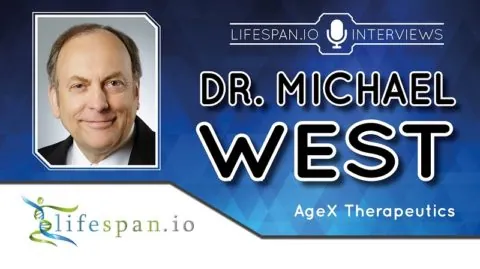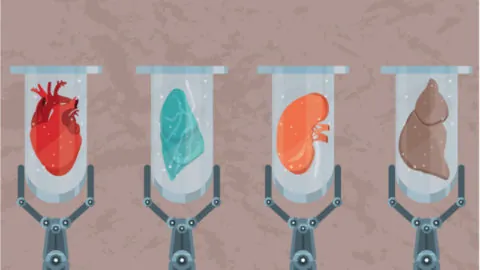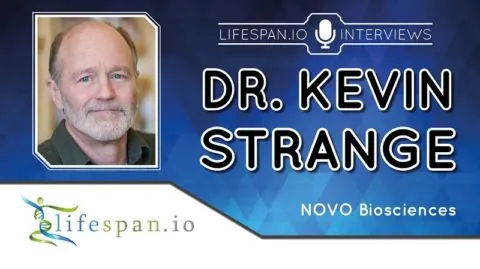September 30, 2019
At our 2019 Ending Age-related Diseases conference in New York City, we had the pleasure of speaking with Dr. Michael West, the CEO of AgeX Therapeutics. Dr. West can rightfully be called a pioneer in his field with a substantial background in biomedical and biotechnology corporations. After completing his PhD at Baylor College of Medicine,...
September 24, 2019
The ability to create synthetic organs has long been desired in medicine. If we could make synthetic organs for patients from their own cells, we could replace injured or damaged organs without risking the body rejecting the organ. This would have huge implications for the treatment of liver and kidney diseases, among others. For years,...
September 18, 2019
Cellular senescence, discovered in 1961 by Leonard Hayflick and Paul Moorhead, is a state in which cells no longer perform their functions, instead emitting harmful chemicals that turn other cells senescent. Senescence is primarily caused by telomere shortening and DNA damage, and senescent cells are known to contribute to multiple diseases, such as Alzheimer's, Parkinson's,...
September 17, 2019
Dr. S. Jay Olshansky is a Professor in the School of Public Health at the University of Illinois at Chicago, Research Associate at the Center on Aging at the University of Chicago and at the London School of Hygiene and Tropical Medicine, and Chief Scientist at Lapetus Solutions, Inc. He has received multiple scientific awards,...
September 10, 2019
Dr. David Sinclair, a Professor of Genetics at Harvard Medical School, is one of the most well-known researchers in the field of rejuvenation, and his lab is the beneficiary of a successful Lifespan.io campaign. Today, Dr. Sinclair is releasing his book on Amazon, "Lifespan: Why We Age and Why We Don't Have To", and on...
September 09, 2019
Dr. Kevin Strange is the CEO and co-founder of Novo Biosciences, a biotechnology company focused on regenerating the heart and other organs. We recently had the opportunity to interview him about MSI-1436 (trodusquemine), a compound that promotes regeneration in multiple animal models. What, if anything, happens to existing scar tissue in the presence of MSI-1436? ...








